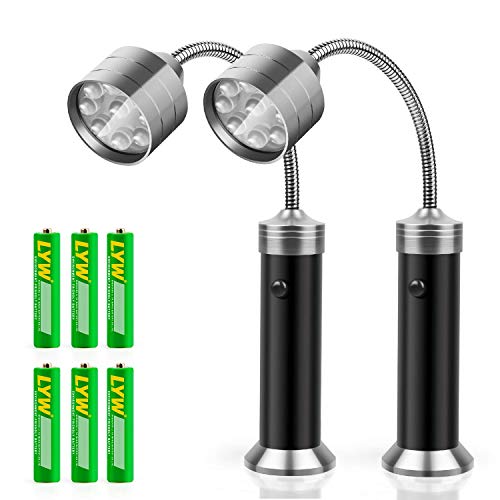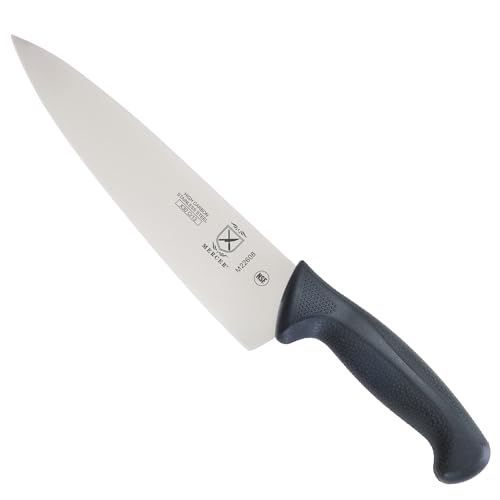Propane gas is one of the safe, easy and reliable source used as an alternative for electrical appliances these days. It has made its way into the homes and lives and has proven to be an ambassador for a greener tomorrow. Propane tanks don’t only come cheaper but have also proven to be efficient. The liquefied petroleum gas has a higher octane rating than gasoline. Propane tanks get work done faster than electricity but with the benefits comes the factor of safety because accidents caused by propane tanks can cause more damage.
The temperature to store propane tanks
Propane tanks need to be looked out for high temperatures. It is advised not to keep them inside homes. With the increase in temperature the pressure inside the tank increases. In hot weather, the tank needs to be placed in a place that does not exceed 120 Fahrenheit. In summers when the temperature rises its best not to keep the tanks in direct sun exposure even though if the temperature starts increasing and pressure rises the tanks pressure safety valve will blow off maintaining the pressure, which will cause a slight leak of propane gas.

Whereas, in cool temperatures up to -306.4 Fahrenheit propane does liquify but that is not possible except if you live in like Antartica, other than that laboratories can liquify propane gas.
Places to store tanks
Tanks need to be stored in a cool ventilated and in an open environment. So keeping the tank indoors is highly inadvisable and the damage by any kind of situation can be fatal. Tanks need to be avoided being kept in garages, basements, cars, and tents. They’re best kept outside in a shade. BBQs all around the year sound fun but while storing tanks they should be disconnected from the grills and while doing BBQs they should be kept away from the high temperature. In winters they can be kept outside because the low temperature isn’t as dangerous as the high. Although winter and damp areas do cause rusting it isn’t dangerous.
Artificially high temperatures
Tanks are to be kept outside, they shouldn’t be kept inside where the temperature is artificially high. Nor should they be kept near fires, appliances, machinery or any other source exhibiting heat.
Necessary precautions
Propane is highly flammable. It may be useful in commercial and household stuff but it also has the potential to flame up infrastructures with a blink of an eye. Buying tanks come with necessary precautions and steps that need to be followed strictly.
- Inspection of the tanks all around the year is pivotal, no appliances should be connected when kept in storage or not in use. They should be inspected for leaks, and if that does happen they should be covered with a wet cloth and emergency services need to be called.
- Proper usage of tanks is very important. One should be well aware of the rules and precautions necessary. They should be disconnected after usage.
- The tanks need to be stored properly to get the better outcome, gas leakage can occur when not kept properly.
- Transportation of the tanks is important. They need to be tied with ropes instead of chains, they shouldn’t be kept in the hot closed car for too long. And transporting a lot of tanks together is highly unadvisable.
- Tanks should be kept upright at all times and most importantly during transportations.

Climate effects
Propane tanks are made to stand different temperatures and conditions. But different weathers require different protection requirements.
Sunny Weather:
The tanks are colored light to reflect sunlight. They have built in room capacity in the tank to maintain pressure if the pressure rises due to high temperature. As a precaution, tanks should not be overfilled as it would reduce the expansion space. The tanks are although capable to stand temperature it’s better to install a shade over the tanks for safety.
Snowy Weather:
In snowy weather, the snow should be cleaned around the tanks. Snow shouldn’t be piled around valves, pipes, and meter. Ice can cause the regulators to malfunction. Heavy snow can definitely cause the connections of the propane gas to the house, break.
Rainfall/ Flood Water:
Heavy rainfall can cause flooding which can make the tanks to float and damage the connections. It can also damage the relief valve which can essentially cause leakage. Water entering at the top of the tanks can destroy the regulatory functions.

Hurricanes and Tornadoes:
Hurricanes and tornadoes have the proximity to cause more damage. Necessary precautions need to be taken before installation. Locals living directly adjacent to coastal areas need to take measures. Hurricanes can cause a lot of damage in their path, they have the capacity to throw tanks away or cause extreme damage. For this reason, underground propane tanks are a good idea, even if the infrastructure remains destroyed they will stay secure.
Propane Tank Protection:
Tampering of propane tanks isn’t quite an issue but it does need attention. Tanks kept in school and residential area need proper supervision. Children should be taught to stay away from the tanks as they’re not something to be played around with.
Vehicular Traffic:
Unlike tampering by human hands, a bump from a car can be a lot more damaging. Although slight impacts may not be that concerning but if it’s a forceful one it can cause movements causing distortion to the service line which can possibly result in leakage. So roadside installations are off the list.
Summing It Up
Propane tanks are very useful and are still used in homes. Although the accidents caused by them are horrendous but the calamities are rare because everyone is aware of the fact that they can be very dangerous if not taken care of. In conclusion, garages aren’t safe for storing tanks that are in use. Because enclosed areas can cause temperature rise and pressure, they are safe in an open environment. So that in any case of the blast or anything they cannot destroy a lot of infrastructures. Other than that necessary precautions need to be taken anyway so BBQs can be enjoyed safely all around the year.








Can I store a purged tank in my basement? Or is there a better place?
Dear Joyce,
Your basement isn’t the best place to store the tank. An outdoor storage shed away from the house is more appropriate.
-Balazs
Thanks for pointing out that children must not play around a propane tank to ensure their safety since it’s something that must not be played around with. I’m planning to have a propane tank installed for us. We have 3 toddlers at home who don’t mind where they play. I will make sure to find a spot in our property where they don’t like to play. Thanks!
I appreciate your tips for safely storing propane in the garage. My husband is getting a new grill that uses propane, so it will be important to store it safely, for sure. It’s been snowing where we live, as well, so it’s good to know that we should ensure that the snow is kept away from the tank as you said.
It’s good to know that propane should never be stored in temperatures over 120 degrees Fahrenheit. I recently got a new propane grill, and I wasn’t sure where to store it. I think outside in the shade on the back patio would be the best option.
I dont have an outdoor shed to store my tanks. I have a tank that is empty and one that is full, that is enclosed, but ventilated, in my glass firepit. If I just disconnect it and then cover the outdoor fireplace with a cover is this safe??
Hi Julie,
Sounds safe enough…
can you storage propane tanks int he space underneath your grill?
In short, no! Store separately. Unfortunately, many people do not comply with safety regulations.
I have an extra propane tank for my grill. I have a large shed away from my house. I would like to store it in my shed. Would this be safe?
The tank is full.
Dear Sharon,
Completely appropriate.
You may want to place a plank or a soft cloth under it.
-Balazs
So it is ok to park my F150 with 38 gallons of gasoline in the garage but I shouldn’t store my propane tank in there…ok – got it.
This is the best comment.
These people are scared of their own shadow lol lol lol.
I don’t have any other place but my garage to store a 20 gallon propane tank for my camping stove in case of a hurricane. I have it by the garage door. Will this be safe for us?
That should be enough distance.